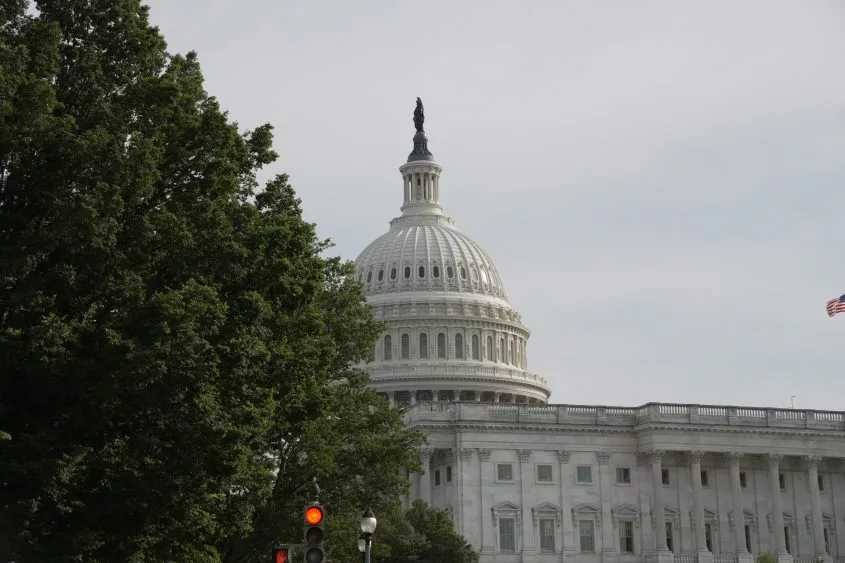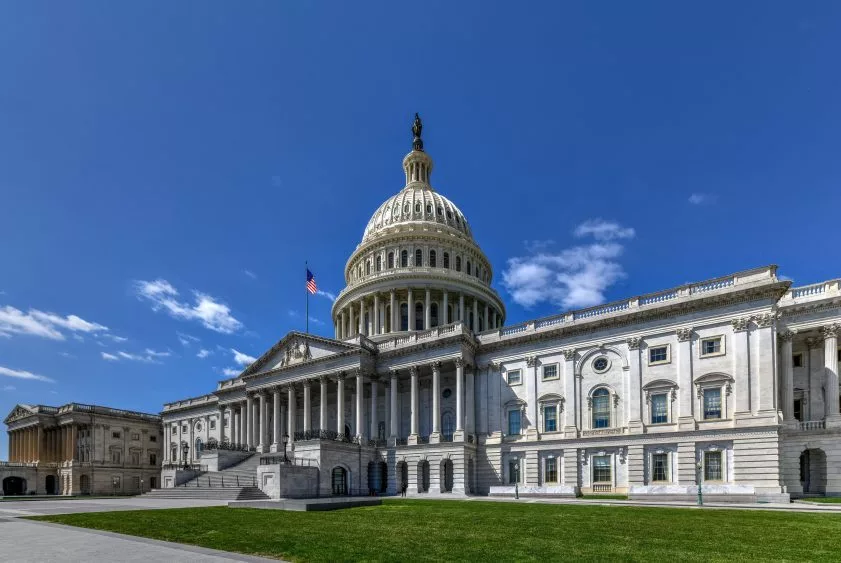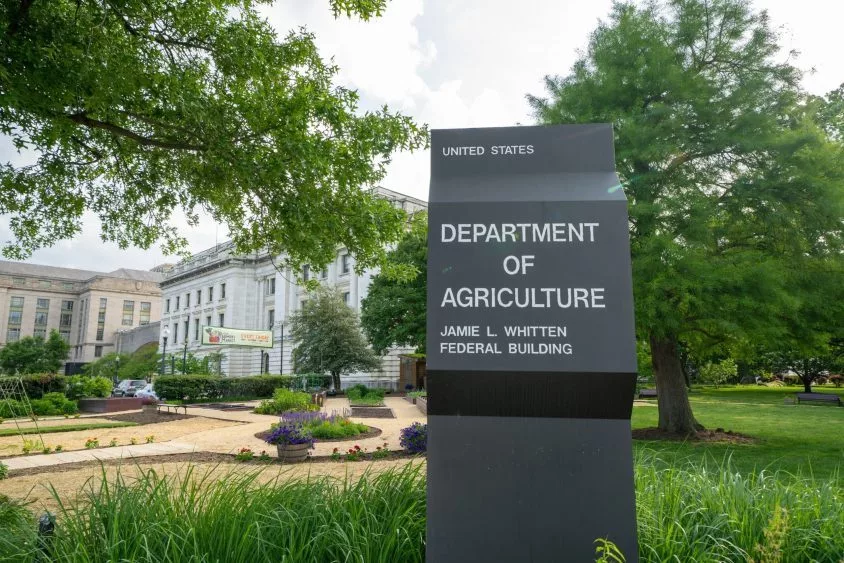WASHINGTON, DC – Today, Clean Fuels Alliance America and nine national and state soy grower associations wrote to House and Senate leaders requesting a one-year extension of the §40A Biodiesel and Renewable Diesel Tax Incentive. With fewer than 60 days till the scheduled transition to the new §45Z Clean Fuel Production Credit and insufficient guidance from the U.S. Treasury, the one-year extension of existing policy is needed to provide certainty and stability to stakeholders in the biodiesel and renewable diesel industry.
“Due to the significant uncertainty created by this lack of guidance, American clean fuel producers and their partners in agriculture and fuel marketing are facing tremendous confusion in the marketplace,” the groups write. “It is therefore critical that Congress provide a temporary, short-term extension of the existing 40A blenders credit to allow the necessary transition and a smooth integration of the new credit into business plans.”
A copy of the letter is available at cleanfuels.org.
Treasury has requested comment on the §45Z Clean Fuel Production Credit and issued guidance on registration requirements and the prevailing wage and apprenticeship requirements. But Treasury has not provided guidance sufficient to enable taxpayers and industry stakeholders to calculate the tax credit value for the fuels they produce. Many producers have not received the registration letters necessary to claim the credit.
Kurt Kovarik, Clean Fuels Vice President of Federal Affairs, added, “Farmers, fuel producers, and marketers needed to know the value of the new credit months ago to successfully negotiate feedstock contracts and fuel offtake agreements for the start of 2025. The industry is facing extreme uncertainty that threatens to undermine clean fuel production, jobs, economic opportunities for farmers, and near-term carbon reductions. A one-year extension of the existing policy would provide time for Treasury and the industry to navigate the transition to the new credit.”



